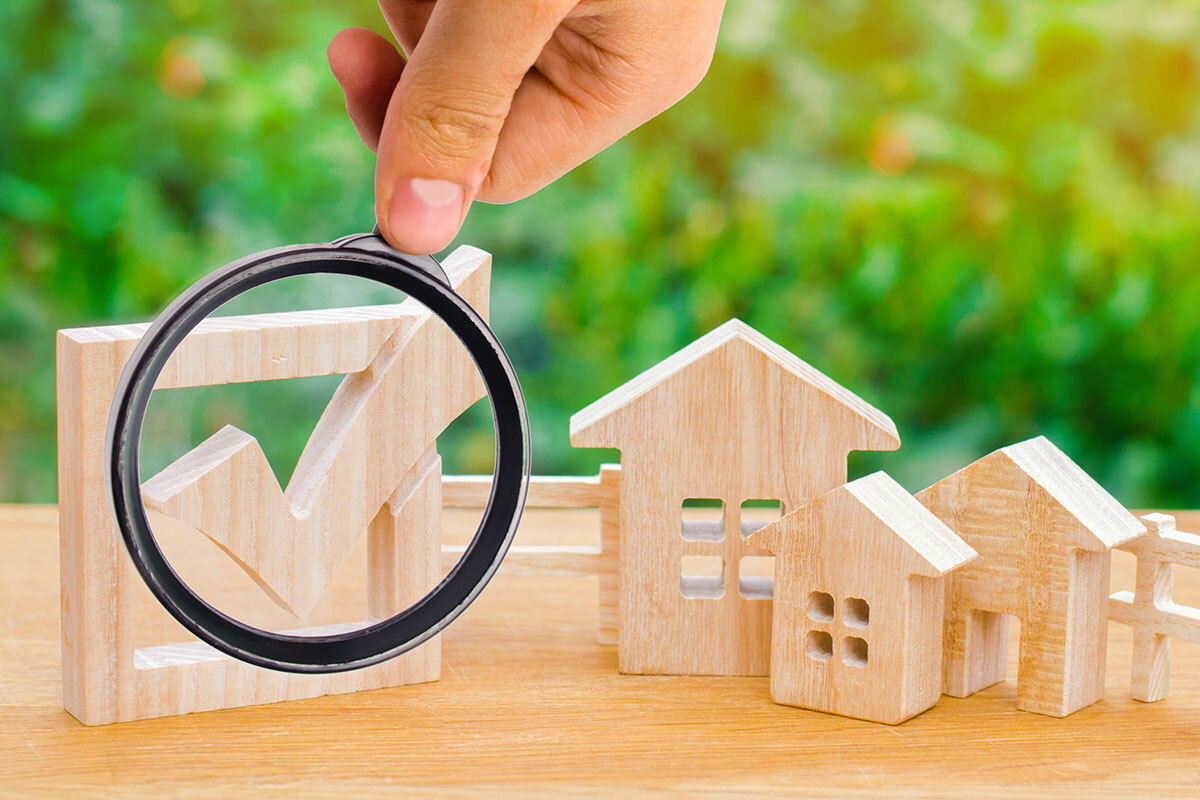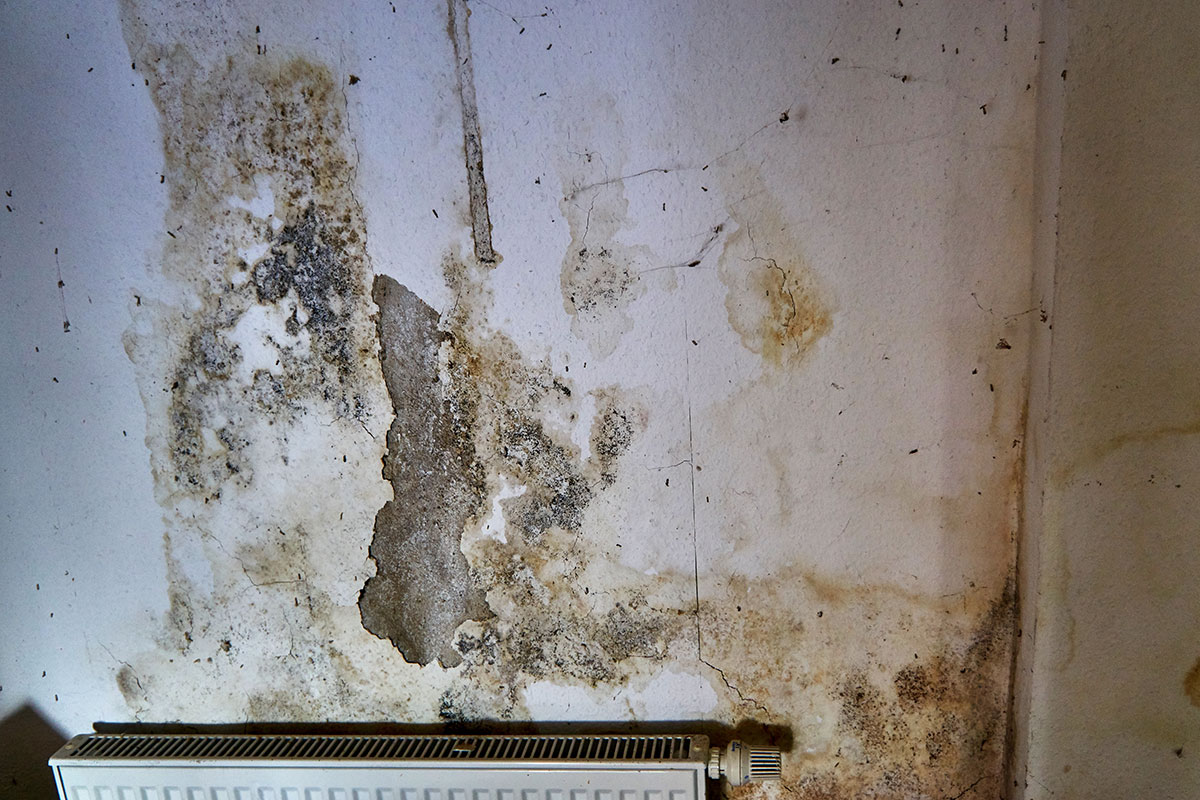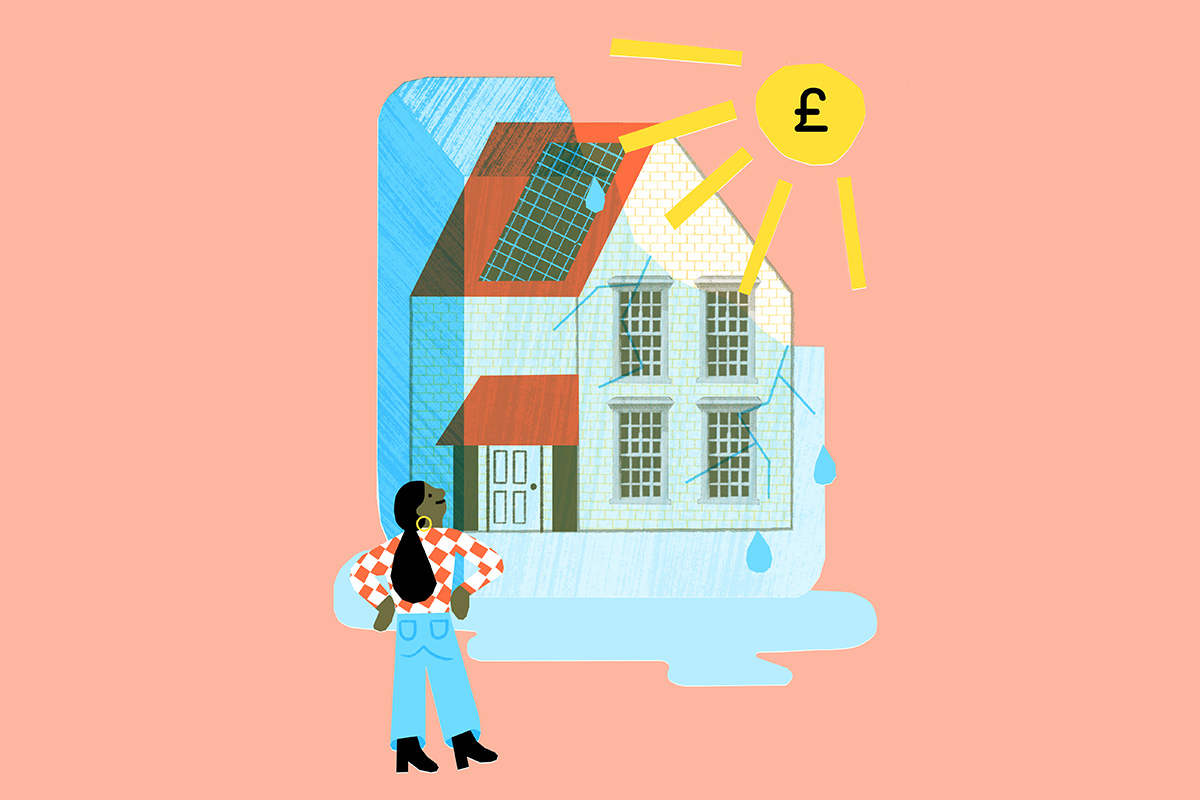You are viewing 1 of your 1 free articles

Is the Good Home Inquiry utopian? Maybe. But we need a new vision to end the housing crisis
The Good Home Inquiry will seek to understand how England’s housing reached its current state of crisis and set out the solutions. Chair David Orr reveals how
I am delighted and honoured to have been invited by the Centre for Ageing Better to chair the Good Home Inquiry. Launched today, the inquiry is an evidence-based analysis of England’s past and present housing policies to determine the causes of and solutions to the country’s current housing crisis.
The facts and figures are stark. Across England, we have 4.5 million homes which, when assessed against government definitions, are classed as non-decent. These homes, which commonly present a serious hazard to their occupants’ health or safety, are disproportionately likely to be the home of an older person.
The Good Home Inquiry will seek to understand how housing in England reached its current state of crisis, seek to reach an understanding of what we want from our homes and recommend policy changes to achieve it.
This would have been important had it been launched six months ago, but due to the coronavirus pandemic it has become even more critical.
Lockdown has meant that almost all of us are spending a lot more time at home. We are learning how to work from home, be schooled from home, stay fit at home, keep in touch with friends and family from home, and how to best use digital technology at home. Many of us, particularly older people, have experienced enforced isolation at home.
All of this puts different pressures on how we live in and use our homes. Until recently, many of our homes were empty a lot of the time. We went out to work, to school, to play, to exercise – all of that has changed. Although we will start to emerge blinking into the light as the threat from the pandemic recedes, we will not go back to how things were.
Having learned how possible it is to work from home, many businesses will rethink their office strategies. Entrepreneurs may be more likely to start and run new businesses from home. And those people who were already isolated may find that they are less lonely at home as we have learned how to stay in touch digitally.
All of this implies a new relationship with our homes and an even greater requirement to ensure our homes are fit for their present and future purpose.
As well as exploring the specific technical changes that our homes need to meet the present definitions of ‘decency’, the Good Home Inquiry will seek to offer some thinking for now and for the future.
We will look not just at what a ‘decent’ home should be but also what a ‘good’ home should be. We want to lift our sights beyond what is minimally possible to what, in a post-coronavirus world, a good home should look like.
If we were to start to describe good, what might the principles be?
To start the conversation, I suggest these: we need space at home – space to eat and sleep, relax, work and learn and space to be hospitable, to have friends and family to visit. Space defined not as the limiting obsession with number of bedrooms but defined as the amount of space we need truly to live in our homes.
“Our homes should support our physical and mental health and well-being rather than, as is so often the case now, contributing to illness”
We need light. We respond positively to sunlight and are less happy with darkness. We know that the single most likely change people make to their homes as they age is to bring in more light.
It should be unnecessary to say so, but we need our homes to be wind and watertight, to be easy to heat (or to cool), to be cost effective and affordable. We need them to pay attention to climate change and the environment, so that they are energy efficient. The homes should be part of the solution to climate change not, as now, part of the problem.
We need our homes to be socially connected so that they face the outside world safely and in ways which make social interaction easy, not difficult. And we absolutely need them to be digitally connected. If we have learned one thing since lockdown, it is that digital connectivity has been essential in keeping families and friends in contact and critical in keeping many of our businesses functioning.
It is unthinkable that we would build new homes without electrical connectivity. It must become equally unthinkable that our homes would lack digital connectivity.
Our homes should support our physical and mental health and well-being rather than, as is so often the case now, contributing to illness.
Is this utopian? Maybe. But surely we need a vision of what good is to enable us to embark with confidence on the journey which takes us from where we are at present to where we ideally wish to be. We have plenty of evidence that focusing merely on what we believe to be possible is self-limiting and counter-productive. People are innately social and creative.
The Good Home Inquiry is an historic opportunity for us to use that creativity to think differently about the future and how we take the first tentative steps to creating that future.
David Orr, associate director for homes, Centre for Ageing Better; and chair, Good Home Inquiry
The Good Home Inquiry is sponsored by the Centre for Ageing Better in line with the foundation’s goal of reducing the number of homes classed as non-decent by at least one million by 2030 and ensuring that more older people live in good and decent homes.











